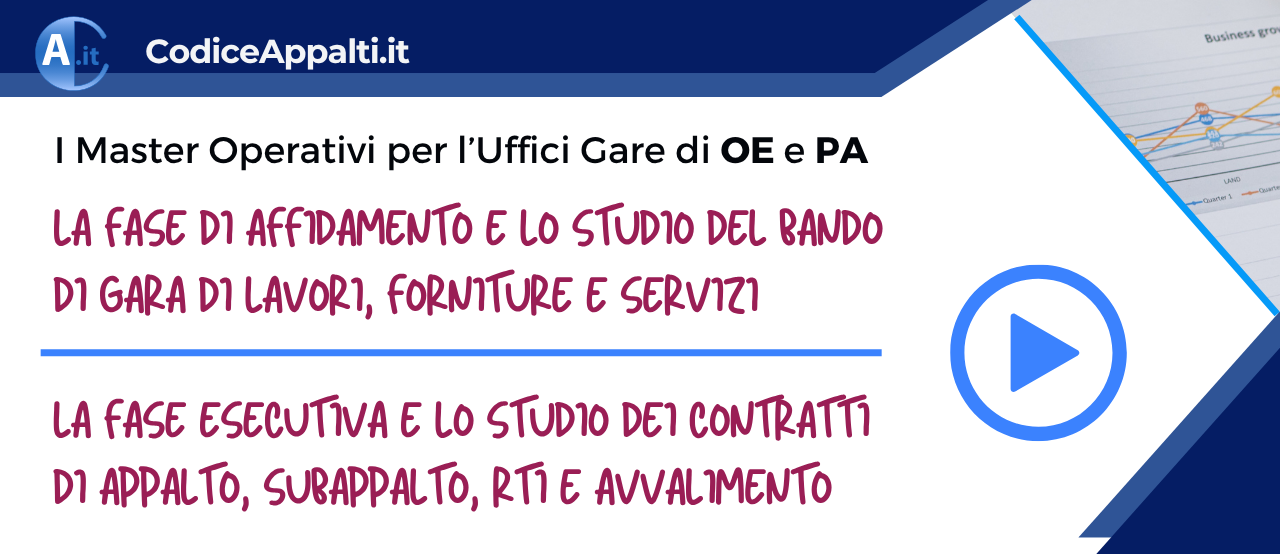Art. 214. Ministry of Infrastructure and Transports and Technical Mission Structure
1. Within the scope of the functions referred to in Legislative Decree 30 July 1999 n. 300, the Ministry of Infrastructures and Transports promotes the technical and administrative activities necessary for the proper and prompt planning and approval of infrastructures and carries out, with the collaboration of the regions or autonomous provinces concerned, the support activities necessary for supervision, from part of the competent authority, on the construction of the infrastructure.2. In carrying out the functions referred to in paragraph 1, the Ministry shall base its activity on the principle of loyal cooperation with the autonomous regions and provinces and with the local authorities concerned and acquires, in the cases indicated by law, the prior agreement of the regions or autonomous provinces concerned. For the purposes referred to in paragraph 1, the Ministry, in particular:
a) promote and receive proposals from regions or autonomous provinces and other contracting entities;
b) promotes and proposes agreements between the government and individual regions or autonomous provinces, with a view to the joint coordination and construction of infrastructures;
c) promotes the drafting of infrastructure feasibility projects by the contracting entities, including through any agreements or agreements between the parties involved;
d) arrange, possibly in collaboration with the regions, the provinces of all the bodies responsible for the awarding activities by the contracting entities and the subsequent construction of the infrastructures;
e) where necessary, collaborations in the activities of the contracting entities or entities involved in the preliminary activities with address and support actions;
f) takes care of the analysis of the feasibility and definitive processes for the purposes of their analysis to the decisions of the CIPE in the case of sectors and priority sectors for the development of the country referred to in the part of the project. For the state enterprises, the council of the superior council, or of other bodies or consultants, where required by the regulations in force, is acquired on the final plan;
g) assign to the contracting entities, a load of the funds referred to in Article 202, paragraph 1, letter a), the additional financial resources linked to the project activities; in cases of infrastructures and priorities for the development of the country referred to in the part, the CIPE, the agreement with the Ministry of Economy and Finance, the CIPE the obligation to the winning entities, a load of funds, minimum additional resources to the realization of the infrastructures, contextually to the approval of the definitive project and within the limits of the available resources, giving priority to the completion of the incomplete works.
h) check the progress of the works also through technical-administrative inspections at the sites concerned, upon access to them; for this purpose, it may avail itself, if necessary, of the Finance Guard Corps, by signing specific memoranda of understanding.
3. For the activities of strategic direction and planning, research, support and high consultancy, assessment, design review, monitoring and high surveillance of the infrastructures, the Ministry may use a technical mission structure composed of employees within the approved workforce and managers of public administrations, by technicians identified by the regions or autonomous provinces territorially involved, as well as, on the basis of specific professional assignments or coordinated and continuous collaboration relationships, by designers and experts in the management of public and private works and administrative procedures. The technical mission structure is established by decree of the Minister of Infrastructure. The structure can also make use of highly specialized and professional staff, subject to selection, with fixed-term contracts lasting no longer than five years renewable for a single time and as advisors, of state and nonstate universities legally recognized, of research and companies specialized in the design and management of public and private works. The structure also carries out the functions of the Evaluation and Verification Unit of public investments, provided for in Article 1 of the Law of 17 May 1999, n. 144 and article 7 of the legislative decree of 29 December 2011, n. 228.
4. In order to facilitate, from the beginning of the preliminary investigation phase, the construction of infrastructures and priority settlements, the Minister of Infrastructures and Transport, having heard the competent Ministers, as well as the Presidents of the regions or autonomous provinces concerned, proposes to the President of the Council of Ministers the appointment of extraordinary commissioners, who follow the progress of the works and provide for appropriate guidance and support actions, also promoting activities to prevent conflicts and disputes, also with reference to the needs of local communities, as well as necessary agreements between the public and private parties involved. In carrying out these activities, and in the case of particular complexity of the same, the extraordinary commissioner may be assisted by a subcommissioner, appointed by the President of the Council of Ministers, on the proposal of the Presidents of the regions or autonomous provinces territorially involved, with charges charged to the regions or autonomous provinces proposing or relying on the resources referred to in paragraph 8. For works not having an interregional or international character, the proposal to appoint the special commissioner is formulated in agreement with the region or the autonomous province, or the territorial entity concerned.
5. The charges deriving from the application of paragraph 4 are charged to the funds referred to in Article 202 and are contained within the quota of the resources that are assigned to the purpose annually by decree of the Minister of Infrastructure and Transport, concert with the Minister for the Economy and Finance. The charges for the operation of the technical mission structure referred to in paragraph 3 are covered by the funds referred to in Article 1, paragraph 238 of the Law of 30 December 2004, n. 311, as well as on the resources assigned annually to the Ministry of Infrastructures and Transport pursuant to Law no. 144 of 1999.
6. The President of the Council of Ministers, upon the proposal of the Minister of Infrastructures, having heard the competent Ministers and, for the infrastructures pertaining to the regional awarding entities, the presidents of the regions or autonomous provinces concerned, may enable the special commissioners to adopt, with the methods and powers referred to in Article 13 of the Decree-Law of 25 March 1997, n. 67, converted, with amendments, by the law of 23 May 1997, n. 135, in substitution of the competent subjects, the measures and deeds of any kind necessary for the prompt planning, preliminary investigation, assignment and realization of the infrastructures and of the productive settlements.
7. The extraordinary commissioners act autonomously and with the aim of guaranteeing the public interest and report to the President of the Council, the Minister of Infrastructures and the CIPE in relation to the problems encountered and the initiatives undertaken and operate according to the directives issued by them. and with the support of the Ministry, and, where existing, the technical mission structure and the advisors, acquiring, through them, every necessary study and opinion. Within the limits of the costs authorized pursuant to paragraph 9, the extraordinary commissioners and sub-commissioners make use of the structure referred to in paragraph 3, as well as the competent regional structures and may avail themselves of the support and collaboration of third parties.
8. The decree of the President of the Council of Ministers appointed by the extraordinary commissioner identifies the remuneration and costs pertinent to the activities to be carried out by the same, as well as the methods of payment of the same based on the resources of the economic framework of each intervention, within the limits of the sums allocated for this purpose.
8-bis. To the commissioners appointed pursuant to Article 20 of the Decree-Law of 29 November 2008, n. 185, converted, with amendments, by law January 28, 2009, n. 2, for the works referred to in this article the provisions of paragraphs 4 to 8 apply.
9. paragraph repealed by legislative decree no. 56/2017 in force from 20-5-2017
10. The Ministry of Infrastructures and Transports shall ensure the necessary support and assistance to contracting authorities or contracting entities for the application of the sectorial regulation, in cooperation with Regions and Autonomous Provinces of Trento and Bolzano, within the limits of the activities that those latter exercise according to this Code.
11. In the first application, however, the acts and measures adopted remain valid and are subject to the effects produced and the legal relationships arising on the basis of Article 163 of the Legislative Decree Legislative Decree 12 April 2006, n. 163.
12. paragraph repealed by legislative decree no. 56/2017 in force from 20-5-2017
Condividi questo contenuto:






